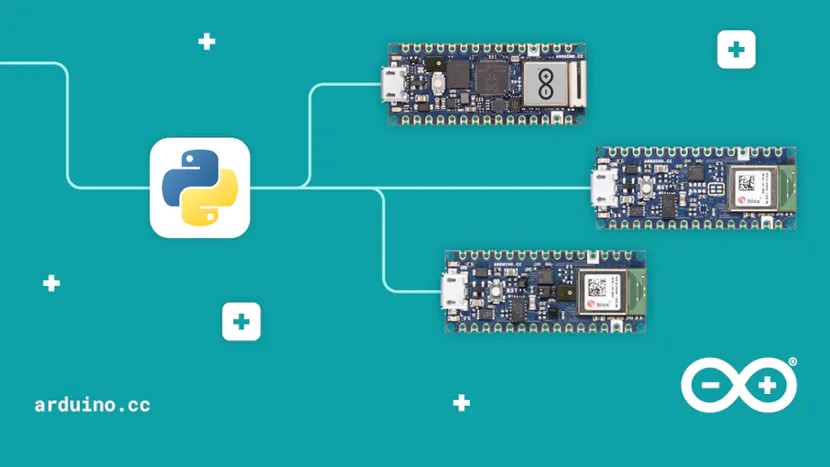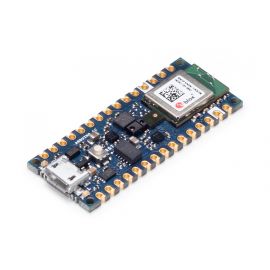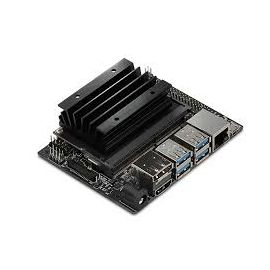Arduino, OpenMV Bring Official MicroPython Support to the Nano 33 BLE, Sense, and RP2040 Connect

Arduino has announced a partnership with OpenMV to bring official MicroPython support for the Arduino Nano 33 BLE, Nano 33 BLE Sense, and new Nano RP2040 Connect boards — though admits that support won't be coming to the Arduino IDE any time soon.
"Python support for three of the hottest Arduino boards out there is now yours," the Arduino team announced this week. "Through our partnership with OpenMV, the Nano RP2040 Connect, Nano 33 BLE and Nano 33 BLE Sense can now be programmed with the popular MicroPython language. Which means you get OpenMV’s powerful computer vision and machine learning capabilities thrown in."
Based on OpenMV's version of MicroPython, the focus is naturally on computer vision and machine learning applications — though the Arduino team points out it also makes it easier to port MicroPython applications from other platforms to Arduino boards.

"MicroPython is a great implementation of the full Python programming language, designed to run on microcontrollers," the Arduino team explains. "There’s extensive documentation all across the web, which is another huge advantage of learning and using Python for your Arduino projects."
There's a caveat here, however: MicroPython isn't being added to the Arduino IDE, which will remain focused on C/C++ coding. "While you can’t use Python directly with the Arduino IDE," the Arduino team notes, "you can use the OpenMV editor, and its version of MicroPython. From the editor, you can install MicroPython and load your scripts directly to the supported Arduino boards."
Additional details, including links to getting-started guides for the three boards and the previously-MicroPython-supported Portenta H7, can be found on the Arduino blog.




